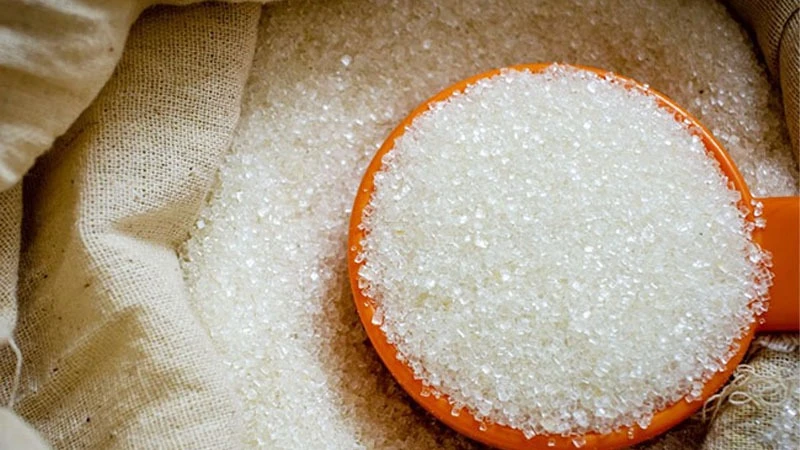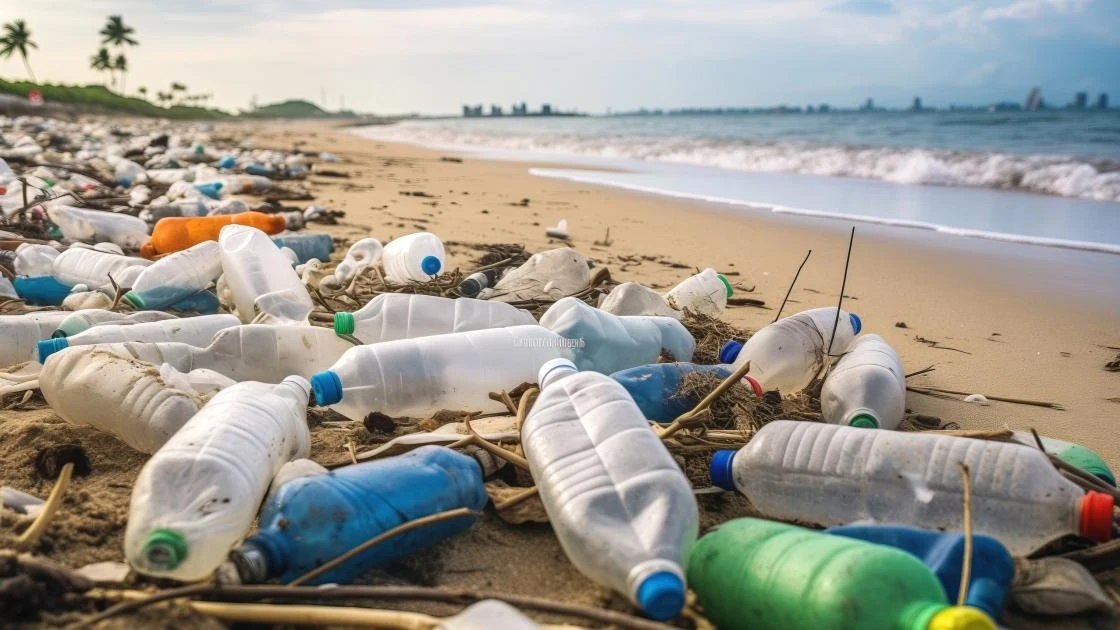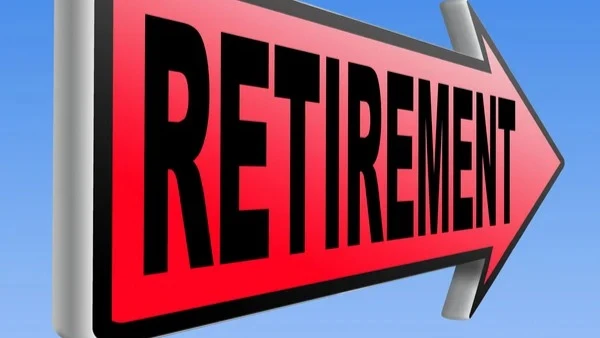Cement, sugar trade: Digital scan scant replacement for competition

DESPITE restless moves on its work patterns, the Tanzania Revenue Authority (TRA) has been associated with stepping into the sphere of other regulators with plans to introduce tailor-made digital verification applications to help the public verify quality cement and sugar sectors in shops.
This initiative will likely take the issue of reconstitution of a nutrition agency or an exclusively food quality regulator to the legislature, as the older agency was split into two: a medical aspect shifted to a medically specialised body, the rest to the national standards bureau.
There was some technical pageantry as the tax enforcer called the media for a briefing on its tools for use in verifying the quality of diverse products “through smart phones with Android, or the iSO system.”
With many people having smart phones, the public was being schooled to become standards verification officers, as if those employed to do the job were holidaying.
What could be of even greater consequence is what is expected next, with the customer scrambling to drive around the city looking for the right cement or sugar, or stops purchasing, skips breakfast or office coffee while complaining to regulators, etc.
If anything, this brilliant technique is covert ‘whistle blowing’ to the effect that the real regulators wish to relax, and if someone has a complaint on what is seen in shops let the person report the issue – perhaps to TRA instead of the standards body.
Even as a senior TRA official was saying that the gadgets unveiled to the public at the Dar es Salaam International Trade Fair (DITF 2024) are intended to ensure the public buys quality products appears to be misdirected. Quality is checked earlier, and cleared.
Saying that the consumer will be able to check whether the product they are looking at have the right tax stamp is surprising, as they will usually be checking the price and, where relevant, the brand.
If there are counterfeits, and neither regulators nor brand owners can spot them, competition will be harmed and investment plans halted.
The question then would be as to why one would expand an industry if expired stuff is sold undisturbed.
Arguing that either application can detect the number of the tax stamp, its type and whether it is genuine or not is virtually as much a non-starter as explaining to street residents how to use fingerprint machines.
One problem with regulatory initiatives is that not only is competition fractured by protected public firms determining what comes into the market and how much but also that their stock in trade is to start at the end.
Systemic dysfunction is left intact and defending the consumer is taken by this or that invasive method, like checking what is in shops or exhibiting apps to check on quality. The seller by then has the customer with best price.
Evidently, viable competition would detect and check much of that and also make regulators more motivated in ferreting out bad products.
But if they are imported by a protected agency, what regulators can do is to introduce an app that allows the consumer to complain, obviously to no avail.
At the end the financial year there will hopefully be plenty to report on how the public is using those apps, the suspicious products reported. By the time they start taking action, most of the suspicious stock will likely be sold out already. The rest might prove irrelevant.
Top Headlines
© 2024 IPPMEDIA.COM. ALL RIGHTS RESERVED

















